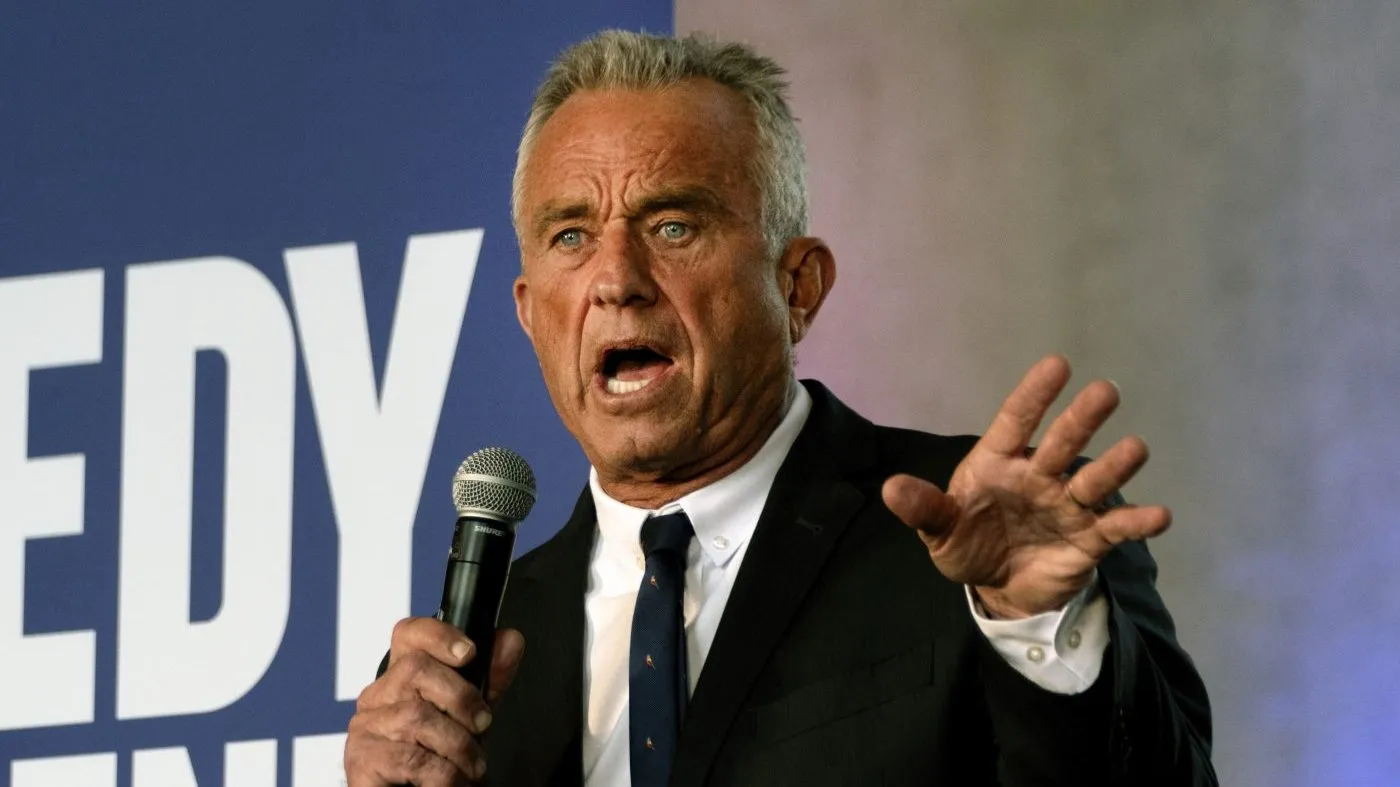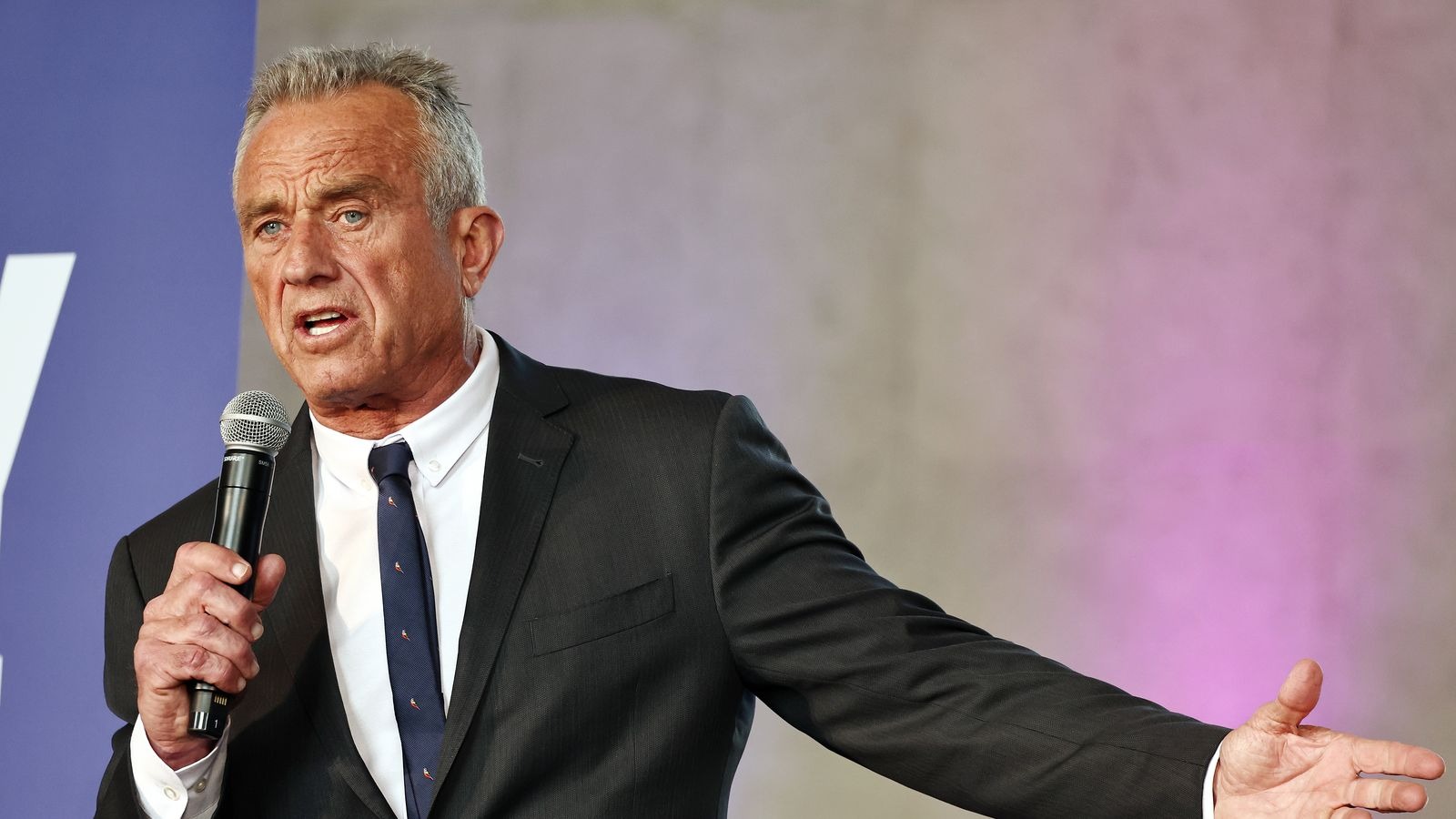The story of the “Battle of the Eclipse” vividly illustrates how ancient superstitions about natural phenomena have given way to scientific understanding and rationality.
This ancient battle, fought in what is now Turkey, was abruptly halted by a solar eclipse, leading the combatants to lay down their arms and negotiate peace, ending a six-year conflict.
This event, reportedly predicted by an early philosopher, marks a pivotal moment in the transition from mysticism to the methodical inquiry that characterizes modern science.
Such stories underscore the progress humanity has made in understanding the natural world, yet today, there is a troubling trend toward rejecting this heritage of rationalism, particularly in the United States.

Donald Trump (Credits: NBC News)
Science denialism, once relegated to the fringes of discourse, is increasingly infiltrating mainstream politics, posing remarkable risks not only to scientific advancement but also to public safety and policy.
A prime example is Robert F. Kennedy Jr., an independent presidential candidate known for his anti-vaccination stance and other scientifically dubious claims. Kennedy has suggested that WiFi causes cancer, antidepressants lead to school shootings, and environmental chemicals are linked to changes in gender identity.
His campaign has also become a shelter for climate change denialism, a stance that is becoming disturbingly common in Republican circles.
Former President Donald Trump, during his tenure, famously dismissed scientific consensus on climate change and withdrew the United States from the Paris Climate Agreement, prioritizing economic gains over environmental stewardship.
His administration’s policies were heavily influenced by the fossil fuel industry, and there is concern that a second Trump term could further entrench climate denialism in vital government agencies.
This rejection of science extends beyond individual politicians. The Republican Party’s Project 2025 aims to embed climate change denial across several federal agencies, potentially compromising the Pentagon’s ability to consider climate change in its strategic planning, despite the clear risks it poses to global stability.
The motives behind this resurgence of science denialism are complex, but they often include financial interests, particularly from the fossil fuel industry, which stands to lose the most from stringent environmental regulations.

RFK Jr. (Credits: The Hill)
The industry’s influence is evident in the sophisticated “new denial” tactics on social media, which acknowledge climate change but argue against efforts to combat it, misleadingly suggesting that such efforts would be futile.
The consequences of denying science are severe — from environmental degradation and public health crises to missed opportunities in technological and scientific innovation. The Trump administration’s reported censorship of scientific research is a stark reminder of the dangers posed by politicizing science.
America needs leaders who embrace and advance scientific understanding, not those who revert to ignorance and denial. Our competitiveness on the global stage, our environmental sustainability, and the health and safety of future generations depend on a commitment to science and rational inquiry.
As we marvel at phenomena like solar eclipses, let us remember the journey from superstition to science, and choose leaders who will continue to champion the pursuit of knowledge.























